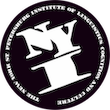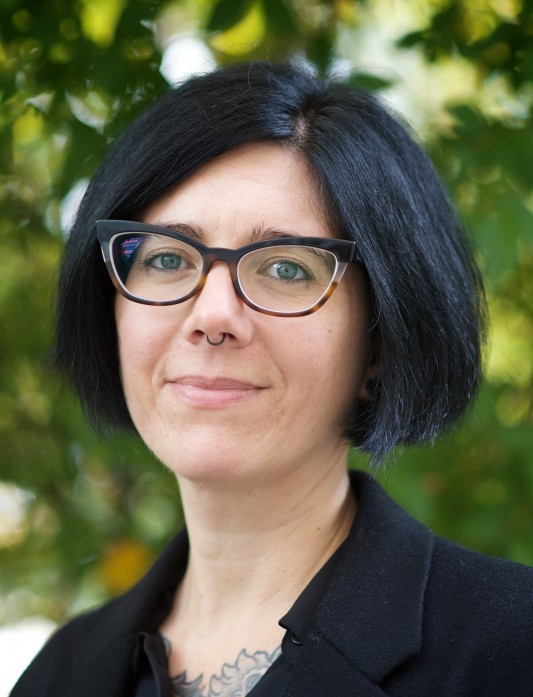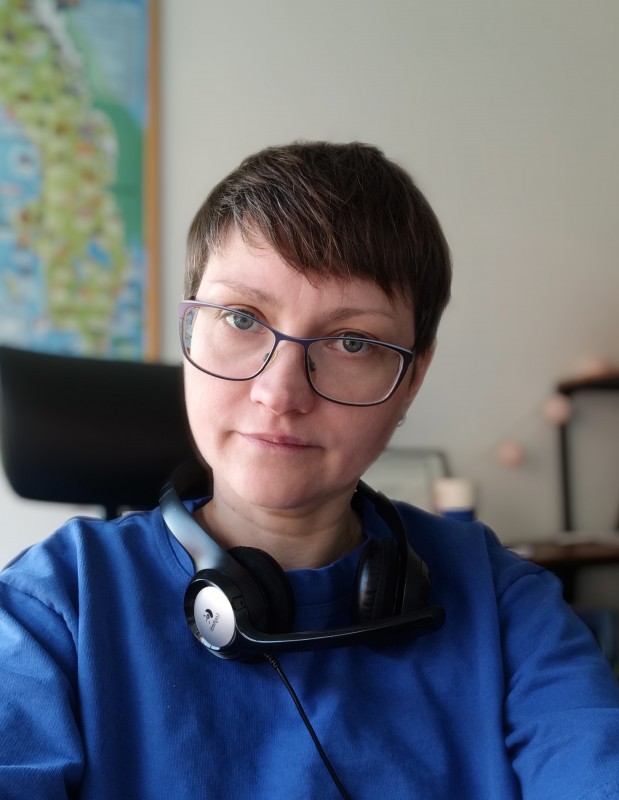Special Lecture Series: Dialogues on Solidarity: Decolonizing sexuality and power
1. Thursday, June 30, 1:30 pm NY / 7:30 pm CET.
Katharina Wiedlack (University of Vienna) and Olga Sasunkevich (University of Gothenburg)
"Solidarities: Decolonizing sexuality and power"
Today, we need transnational intersectional, anti-racist, queer, feminist solidarities more than ever. But how should these solidarities look like? What are the aims of solidarity practices? And most importantly, how should it be done? The speakers of this discussion/lecture series will discuss these and other questions and provide some suggestions to answer them. They will offer different theoretical and practical models of solidarity and show some examples of successful or unsuccessful intersectional anti-racist, queer, and feminist solidarities in the uncertain times. (curated by Kataharina Wiedlck and Olga / Volha Sasunkevich)
2. Tuesday, July 5, 1:30 pm NY / 7:30 pm CET.
Maria Mayerchyk (Ukrainian Academy of Sciences and the University of Greifswald) and Olga Plakhotnik (University of Greifswald)
"Difficult affinities at the war-torn buffer periphery"
Our research project seeks to explore possibilities and limitations for anti-militarist queer feminist solidarity in the context of the Russia-Ukraine war. The entry point of our study is the insight of coloniality and decolonial thinking, extended towards Ukraine via the concept of buffer periphery. It situates Ukraine between two competing geopolitical centers and uncovers a major epistemological challenge of this positionality. We analyze recent cases of anti-war solidarity with Ukraine using the frame of buffer periphery and its epistemological traps. Then we discuss how practicing decolonial epistemic disobedience can open new perspectives on queer feminist solidarities against the war and empires.
3. Thursday, July 7, 1:30 pm NY / 7:30 pm CET.
Anna Gomboeva (University of Virginia) and Saltanat Shoshanova (FU Berlin and UNIT: network of journalists covering LGBTQ issues in post-Soviet states)
"(Im)possible Solidarity: Decolonial Perspectives from Post-Soviet Asia"
In the wake of Russia’s attack on Ukraine, public discussions of Russia’s colonial past and present have increased. In their research, Anna Gomboeva and Saltanat Shoshanova scrutinize literary and artistic practices from Central Asia and Siberia through various decolonial perspectives.
Anna will discuss the decolonial character of Indigenous people's opinions on Bolshevik/Soviet cultural projects in the Siberian North published in different Russian periodicals in the 1920s-1930s, and their legacy today. Saltanat will talk about contemporary artistic and activist practices from Central Asia that deal with questions around identity, gender, sexuality, and feminism.
During the discussion, they want to raise the following questions: Is anticolonial solidarity possible across Post-Soviet Asia, among independent nations and Indigenous peoples of Siberia? What are the ways of building solidarity among activists, artists, and scholars?
4. Tuesday, July 12, 1:30 pm NY / 7:30 pm CET.
Georgy Mamedov (American University of Central Asia, Bishkek) & Tatsiana Shchurko (Ohio State University)
"Uneasy Solidarities for Anti-imperialist Struggle"
In this conversation, Tatsiana Shchurko and Georgy Mamedov will reflect on their own experience of solidarities and prospects to forge anti-imperialist alliances and connections. Past and contemporary urgencies manifested in various economic crises and military warfares raise concerns about the possibilities of creating and sustaining transnational anti-imperialist solidarities. To address simultaneously multiple imperialisms and their interconnections with global capitalism appears as an impossible task at times. In this conversation, Tatsiana and Georgy will contemplate the complexity of forging solidarity relations that challenge diverse operations of imperialisms.
5. Thursday, July 14, 1:30 pm NY / 7:30 pm CET.
Tegye Birey (Central European University) & Ewa Maczynska (independent Researcher)
"Migrant Solidarities"
Ewa Maczynska and Tegiye Birey will discuss the question of friendship and affect in the making of migrant solidarity initiatives based on their ethnographic research projects with various migrant solidarity initiatives in 2017. While Tegiye primarily focused on the development of solidarity initiatives in Malmø, Sweden, with a focus on their gendered and sexuality-related politics, Ewa analyzed solidarity initiatives in the EU, including Sweden, with a focus on conceptualizing the intersections between activists' critical stances and the discourses of neoliberal capitalism. Tegiye and Ewa’s shared interest in solidarity practices coupled with the diverging foci and scale of their research projects allow them to uncover the complexities and contradictions inscribed in solidarity practices, manifesting themselves particularly clearly around the question of friendship and affect.



